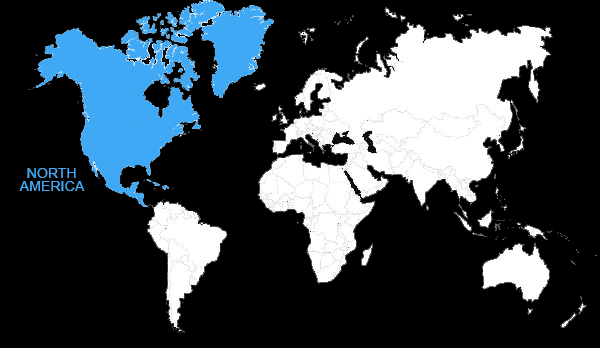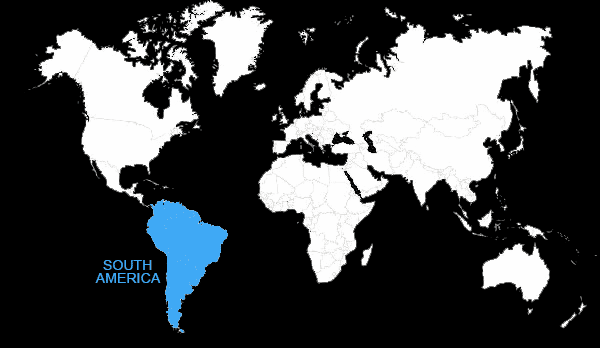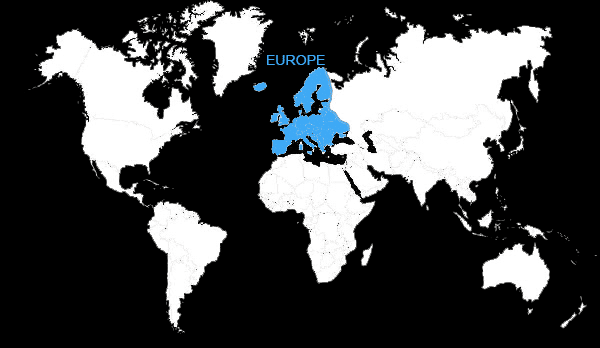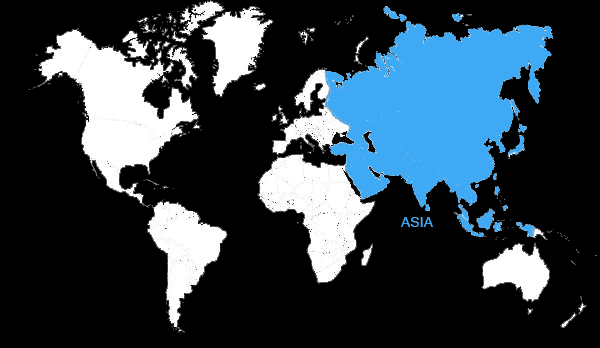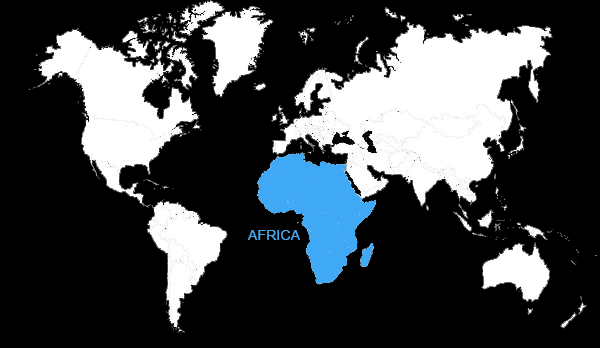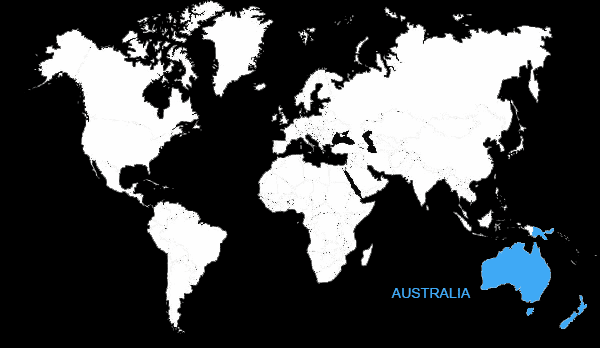Deportivo Cali Tryouts
Asociación Deportivo Cali, best known as Deportivo Cali, is a Colombian sports club based in Santiago de Cali, Colombia. The club currently plays in the Categoría Primera A, the country’s highest level of professional club football.
Deportivo Cali Youth Development System
Develop sports, social and cultural pedagogical processes in children and young people between 4 and 18 years old, through training actions that guarantee the integral improvement of their quality of life and the physical, technical and tactical foundation in different sports, mainly in soccer. The players will carry out their training process by completing the current stages of initiation, transition, base and the most outstanding in soccer will be able to access the advanced level, where they will have the opportunity to acquire new knowledge.

MISSION: The Academia de la Asociación Deportivo Cali is a sports training institution of excellence, committed to comprehensive education, the generation of human values, and the psycho-affective and physical development of boys, girls and young people.

VISION: The Academy of the Cali Sports Association will be recognized as the best sports training institution in the country, due to its organizational structure, methodologies, the quality of its teachers and infrastructure.

Additional registration for the Deportivo Cali academy can be found by clicking here.
Academy project PDF can be found here.
Deportivo Cali Recruitment Trials
At the time of this writing, there are no official publishings on Deportivo Cali trials. Please come back at a later date while we monitor this club or click here to visit their official academy signup section or click here to visit their official news web page.
EXPLORE MORE CLUBS!
Explore more professional clubs by continent.
Deportivo Cali History
Cali Football Club was established in 1908 by students who were led by Nazario Lalinde, Juan Pablo Lalinde, and Fidel Lalinde, who had returned from Europe to bring football to the city of Cali. However, in 1912, students who were led by the three Lalinde brothers organized the team, renamed it Deportivo Cali, and began practicing under the direction of their first coach, Francisco Villa Bisa, who was born in Catalonia.
On the Versailles pitch, the first game was played between CFC “A” and CFC “B,” and there were approximately three hundred people in attendance. By 1928, the club had changed its name to “Deportivo Cali A,” and it began competing in the National Games on behalf of the Valle del Cauca Department, where it won each of those competitions between 1928 and 1930. In 1945, several other clubs made the decision to join the club, which resulted in the addition of new sports to the organization, including swimming, basketball, and athletics.
In the years that followed, the club competed against other teams from across the country. By 1948, the club was prepared to compete in its first professional season in the national league, which had just been established at that time. Their first game was a loss to Junior in Barranquilla by a score of two goals to zero, while their first game at home was a tie with Deportes Caldas by a score of two goals each.
The first win occurred in the fourth match, which was played against Atlético Nacional (who was known as Atlético Municipal back then), with a score of 4–1. They would finish the season with a record of 6 wins, 4 draws, and 8 losses, which would leave them in eighth place.

The beginning of the 21st century has been marked by a significant decline for the club in terms of the quality of its players, the quality of its team and general management, and the club’s overall results in both the local league and international competition.
During a training session with the squad on October 24, 2002, players Herman Gaviria and Giovanni Córdoba were struck by lightning. Both players were hospitalized with serious injuries. Gaviria was killed quickly, although he was not declared dead until he arrived at the Valle del Lil Hospital. Córdoba, on the other hand, passed away three days later. The team was able to recover from this event but still finished in second place in its semifinal group, behind the eventual winners, Independiente Medelln. At the time, the team was leading the 2002 Finalización and was heavily favored to win the title.
However, they were unable to do so and ended up finishing behind Independiente Medelln. During this time period, Cali won its eighth domestic championship (2005 Finalización), although in the 2003 Finalización and 2006 Apertura tournaments, respectively, they lost the finals to underdog clubs like as Deportes Tolima and Deportivo Pasto. After winning the second tournament of the 2005 season and securing the championship, Deportivo Cali qualified to compete in the Copa Libertadores in 2006.
However, the squad was unable to advance past the group round of the competition and finished with just one point out of a possible 18. For the first time since short tournaments have been played in Colombian football, Deportivo Cali was unable to qualify for the semifinal stage of the domestic league due to a poor campaign during the 2007 Finalización. This was the first time this has happened since short tournaments have been played.
According to observers, the significant injury sustained by Sergio Herrera and the departure of Martin Cardetti were two factors that contributed to the disappointing performance of the team during the 2007 season. The club went through more than three coaches in the years 2006 and 2007, including two of them in the 2007 Finalización season alone. Pedro Sarmiento, Omar Labruna, and Néstor Otero were the coaches who worked for Deportivo Cali during this time period.
Sarmiento led the team to the league championship in 2005, but he was fired after the team’s loss in the 2006 Apertura finals to Deportivo Pasto. Otero was fired after the team’s loss in the 2006 Apertura finals. A Uruguayan by the name of José Daniel Carreo succeeded Néstor Otero as manager prior to the start of the 2008 season. During his tenure as manager, Deportivo Cali had an above-average Apertura, finishing in sixth place and earning a spot in the tournament’s semifinals.
Due to the fact that Deportivo Cali was the clear favorite to win the group, the club’s performance in the Copa Colombia was regarded as embarrassing. As a result, the team finished in third place within its group and was unable to advance to the next round of competition. Cali was unable to win any of their first four matches in the semifinals of the Apertura tournament.
They tied two of those matches and lost two of them. After not being able to win the fourth game (a home loss to Deportes Quindo by a score of two to zero), Carreo was fired and replaced by caretaker manager Ricardo Martinez. Martinez managed the team until the end of the 2008 season and qualified it for the 2009 Copa Sudamericana.
However, they were eliminated in the first stage of the competition by Universidad de Chile. During the 2009 season, Deportivo Cali qualified for the semifinals of the Apertura tournament but were eliminated from contention for the finals due to a worse goal difference. On the other hand, they were unable to go past the first round of the Finalización event.

In 2010, Deportivo Cali did not make it to the last rounds of either the Apertura or the Finalización. However, under the supervision of Jaime de la Pava, the team was able to win the Copa Colombia for the first time in its history. Los Azucareros were able to win their regional group, and then they proceeded to win against Junior, Santa Fe, and La Equidad on their way to the championship match, where they met the Itagü Ditaires, who were a surprise contender.
Both legs of the final were won by Deportivo Cali, with the first leg ending 1–0 in Itagü and the second leg ending 2–0 at the Estadio Deportivo Cali. The Estadio Deportivo Cali also held its first official match of that year, which it won 2–0 against Deportes Quindo on February 21. In the 2011 Apertura, Deportivo Cali made it all the way to the quarterfinals despite getting off to one of the worst starts in franchise history by dropping their first four games of the season. They were ultimately eliminated by eventual winners Atlético Nacional in a match that could have gone either way in a penalty shootout.
In addition, Deportivo Cali participated in the 2011 Copa Sudamericana; however, they were eliminated by Santa Fe in the round of penalties, and in the Torneo Finalización, they were unable to advance to the semifinals. The team experienced a similar run of bad luck during the 2012 season, as they were able to advance to the Apertura semifinals but fell short of advancing to the final, which was won by Deportivo Pasto, and they finished in 11th place in the Torneo Finalización, which prevented them from advancing to the semifinals. After a dismal finish to the season, the Deportivo Cali management team made the decision to search for a new coach.
On December 13th, 2012, they announced that Leonel Alvarez would be taking over as their new head coach. He guided Deportivo Cali to the playoffs in both of the competitions that were contested in 2013, making it all the way to the final of the Torneo Finalización before falling to Atlético Nacional in the championship match. The first match, which took place on home turf and concluded in a scoreless draw, was followed by a match that resulted in a loss by a score of two goals to zero.
Although Deportivo Cali would go on to defeat the same opponent and win the Superliga Colombiana in 2014, the manager, lvarez, was let go after the team’s disappointing performance in the 2014 Apertura. The creation of younger players over the course of the past few years has contributed to the club’s increased strength. In 2015, Cali’s team, which was comprised primarily of younger football players, was victorious in the Torneo Apertura and advanced to the quarterfinals of the Torneo Finalización.
During that season, 21-year-old Harold Preciado was the team’s leading goalscorer with 25 goals, followed by 20-year-old Rafael Santos Borré with 11 goals and 22-year-old Miguel Murillo with 10 goals. Rafael Santos Borré and Miguel Murillo each had 10 goals. Andrés Felipe Roa, who is only 22 years old, is another promising young player. He was selected for the senior team and participated in the Olympic Games play-off match against the United States alongside his teammates Luis Manuel Orejuela and Kevin Balanta.
The average age of the team for the 2016 campaign was 22.8, while there were 17 players under the age of 21. In the 2017 Apertura tournament, Deportivo Cali made it to another final series, however they were defeated by Atlético Nacional once again. Although they won the first leg of the series 2–0 in their stadium, they were defeated 5–1 in the return leg that was played in Medelln.

After a drought of six years, Deportivo Cali won its eleventh league title in the year 2021. They were successful in advancing to the knockout stages of the Torneo Apertura, but they were ultimately eliminated by Deportes Tolima in the quarterfinals. Their campaign in the Finalización began with an away victory against Santa Fe by a score of 2–1, but a subsequent spate of dismal performances led to the removal of manager Alfredo Arias in the middle of the competition.
Rafael Dudamel, a former Venezuelan goalkeeper who was a member of the squad as a player in 1998 and won the championship with the team during that year, took over the team but lost his debut game versus América de Cali. However, the team was able to improve their performance, and a run of four consecutive victories down the stretch of the first stage allowed them secure a spot in the semi-finals despite finishing in seventh place overall. The semi-final group that Deportivo Cali was assigned to included Atlético Nacional, Junior, and Deportivo Pereira.
Deportivo Cali secured their spot in the finals by beating Junior at home by a score of two goals to zero while also holding one match in their possession. They faced off against Deportes Tolima in the championship game, which was a rematch of the quarterfinal series from the previous tournament as well as the championship game from the 2003 Finalización event. In the first leg, which was held in the Estadio Deportivo Cali, the game ended in a 1–1 draw.
However, in the second leg, which was held in Ibagué, they rallied from a goal down to win the game 2–1 and win the Primera A championship. Harold Preciado was the player who finished the competition with the most goals scored (13), and he did it by scoring twice in the championship series versus Tolima.
Deportivo Cali Stadium
Estadio Deportivo Cali, often nicknamed Estadio de Palmaseca, is a football stadium located in Palmira, Colombia. The Deportivo Cali team calls the stadium, which first opened its doors in 2010, their home. Renovations resulted in a decrease from the venue’s original capacity of 61,890 people to its current level of 52,000.
Since its completion, it has been one of the largest stadiums in the country; however, before to the beginning of the 2018 season, it underwent significant capacity reduction when 12,000 seats were added to its western and eastern stands, bringing the total number of available seats down to 42,000. As of 2017, the stadium’s capacity is regulated at 25,000 people because of concerns regarding the safety of evacuation and the limited access roads to the stadium.

On September 12, 2021, and in conjunction with the second leg of the 2021 Liga Femenina final series between Deportivo Cali and Santa Fe, the stadium was momentarily renamed Estadio Deportivo Cali – Myriam Guerrero in order to pay tribute to Myriam Guerrero, a pioneer of women’s football in Colombia who served as the first team captain and only female manager of the Colombia women’s national football team. Santa Fe won


